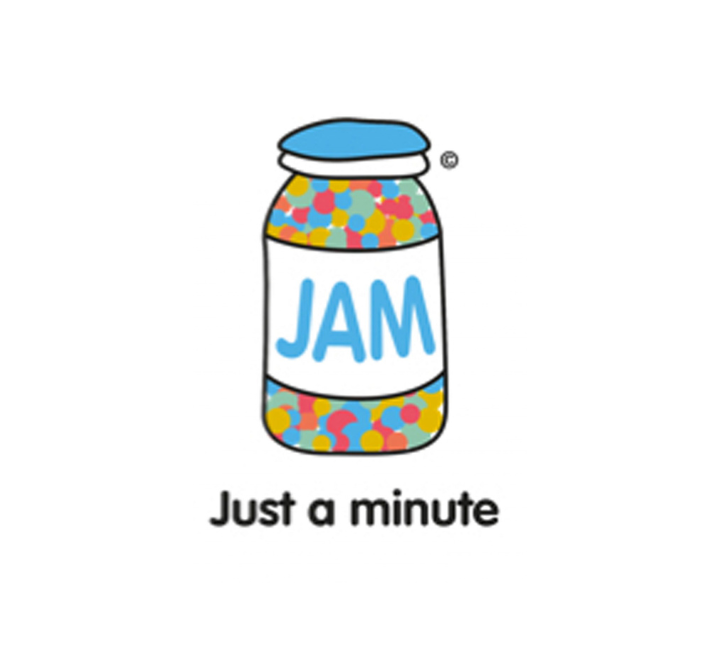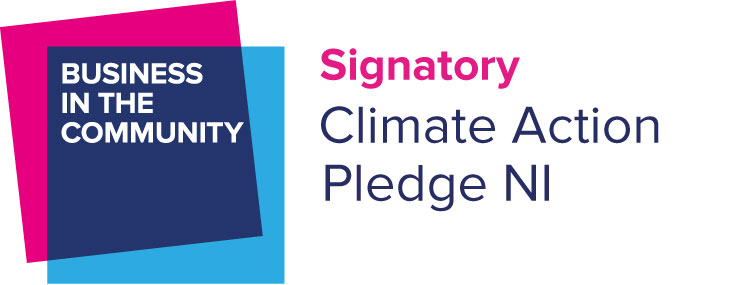3 min read
The traditional working week has always been Monday to Friday. However, in recent years, a proposed 4-day working week has been gaining traction. This concept has been trialled in many countries with various results. Iceland, Spain, and Japan are three countries that have experimented with a 4-day working week, yielding diverse outcomes, let’s dive into pro’s and con’s of this topical business model.

Iceland
Iceland carried out one of the most successful examples of a 4-day working week. From 2015 to 2018, they conducted an extensive trial, which resulted in many workers transitioning to shorter working weeks. One of the main pros of this experiment is that employees did not have to take a pay cut, addressing a significant concern many have about a 4-day working week. The results from this trial showed that the 4-day work week model was a success in Iceland, with positive feedback from participants. Additionally, support from the government and worker unions helped get the trial off the ground. However, the main issue found with this trial was scalability, as it worked better in some industries than others.

Spain
Spain launched a program in 2021 supported by the government, aiming to explore the benefits of the 4-day work week regarding productivity and employee well being. The trial in Spain was also a success, partly due to government support this had a positive impact, mainly the increase in productivity noticed in the early stages. This can have a significant impact on companies using the model. One of the negatives of Spain’s trial was the restructuring of workflows and schedules, which proved challenging, with some employees struggling to adapt to the new system.

Japan
Japan has an intense working culture, with high productivity being crucial to their economic success post-World War II. The Japanese government has recommended the 4-day working week to aid the workforce and provide more leisure time. Many big names, most notably Microsoft, have embraced this concept. Japan experienced success in energy savings, with a 23% decrease in energy consumption, which is significant for the country’s environmental pledges. However, one area where the trial faced challenges was winning over the employees themselves, as the adjustment was a massive cultural shock.

Common Results
All these trials highlighted one main pro: improved mental well being and increased work-life balance. In the 21st century, employee well being has become a significant cultural factor, important to many companies, with Google and Apple being good examples. The shorter working week has allowed employees to spend more time with their loved ones, encouraging them to be more loyal and determined to deliver for their workplace.

How Should Northern Ireland Approach This?
Northern Ireland is a progressive and forward-thinking country regarding employee well being, with companies often offering incentives such as the option to buy a day off and team-building projects to improve employee well being. When discussing a 4-day working week, the questions that come to mind are: Will you have to take a pay cut? What are the pros? And will it work?
As seen above, Iceland sought government and union help to ensure their workforce did not take a pay cut for a 4-day work week. Northern Ireland might need to follow a similar approach, especially given its small population and the current cost-of-living crisis. However, the pros of improved mental health and the freedom to spend more time on personal pursuits are massive incentives that may persuade many to make the switch.

The current climate in Northern Ireland may not suit the 4-day work week model yet. However, with the right conditions, it is likely to be widely accepted and may improve the way we work in the distant future.
View our current vacancies














